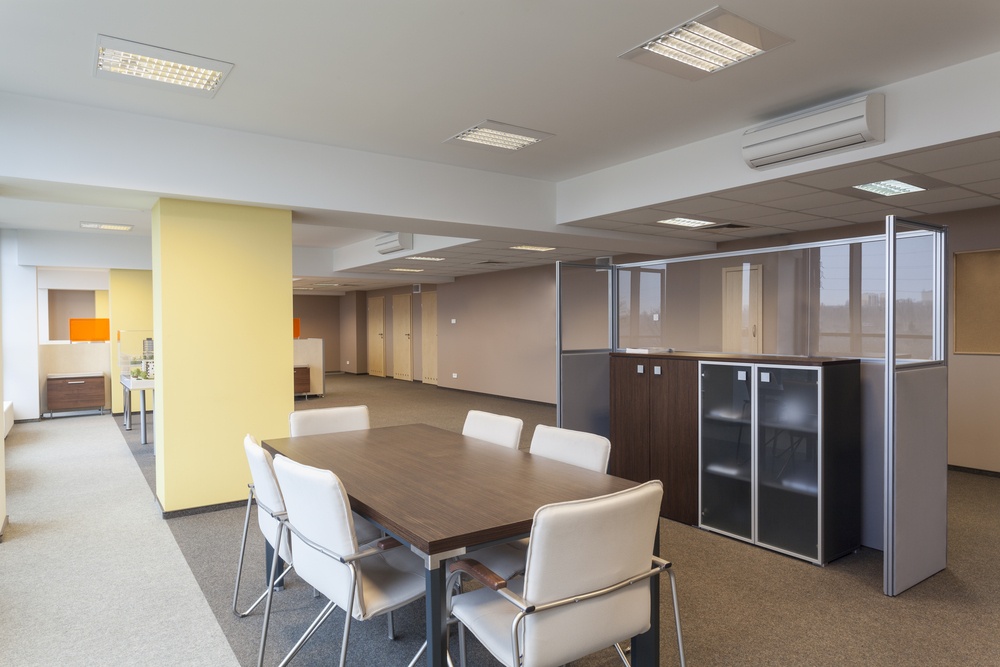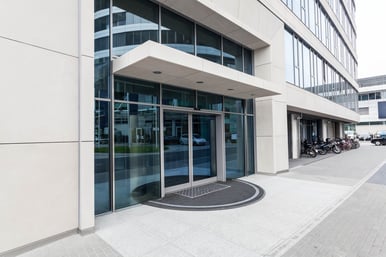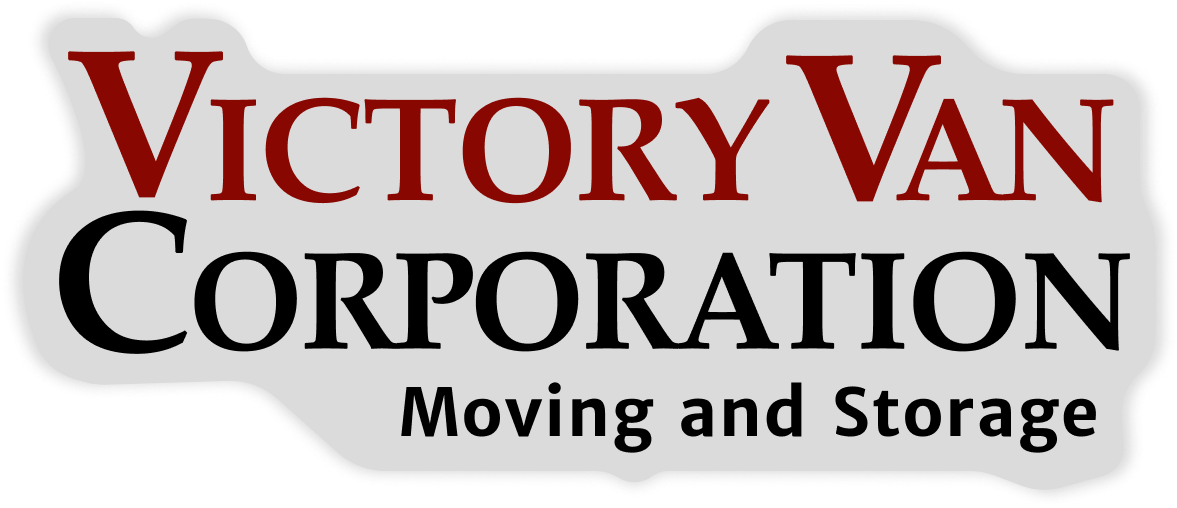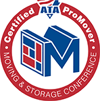Office space is one of the largest expenses a growing company incurs. Negotiating the best lease possible can save your company enough cash to hire a few more employees or to launch a marketing campaign.
Because no lease is standard, in this blog we have listed some suggestions to help you become a little more lease-savvy and negotiate a favorable office lease for your company.

A commercial lease is an important part of your business. Negotiating a favorable lease places your business in the position to succeed. Remember that a real estate lease agreement is prepared by the landlord to favor the landlord.
Your responsibility as a potential tenant is to read it completely, understand what it says, and then ask for modifications that will favor you.
Factors such as these may make the difference between you calling the shots, or a landlord insisting on onerous terms throughout the lease process.
When negotiating for a new lease, you need.....
Once you’ve located a commercial rental location, completed your commercial rental application, and successfully applied for a real estate lease, you will receive real estate forms for your lease.
One of the first issues you need to work out is the duration of the lease. Landlords are typically willing to make concessions for longer-term leases.

A term of one to two years is usually best for small businesses, with an option to renew included. This doesn’t tie you in for too long but gives you the option to stay if it is a good fit.
If you think that you could easily find a comparable location, a shorter-term lease with renewal options is better for you in case rents in your area go down or it turns out to be an unfavorable environment. However if your business is going to be very location-dependent (such as a restaurant), you will want security, so a longer term makes sense.
Your new space may need some improvements or alterations. Who pays for these improvements (a new paint job, new carpets, re configuring the space) depends on how tight the commercial office space market is in your city.
Most form leases provide that the tenant can’t make any alterations or improvements without the landlord’s consent. Ask for a clause that says you can make alterations or improvements with the landlord’s consent and that the consent won’t be unreasonably withheld, delayed, or conditioned.
Often, you are able to negotiate a “tenant improvement allowance,” which is an agreed sum of money that the landlord will provide for the improvements and alterations you want.
Some landlords will give free rent for the first month or two of a lease. Fixed rent over longer-term leases is relatively rare. Sometimes, landlords insist on annual increases based on the percentage increases in the Consumer Price Index (CPI).
If your landlord insists on rent escalations, try to arrange for a CPI rent increase that does not kick in for at least the first two years of the term. Then, try to get a cap on the amount of each year’s increase.
If you have to live with a rent escalation clause, try to negotiate a predetermined fixed increase; for example, a rent of $10,000 a month the first year that would only increase to $13,200 a month the second year and $514,400 a month the third year.
Be aware of a clause that says that at the end of the lease you must restore the premises to its original state.

Try to negotiate a clause that states the following:
The premises will be returned to the Landlord at the end of the tenancy in the same condition as at the beginning of the tenancy, excluding;
- (1) ordinary wear and tear
- (2) damage by fire and unavoidable casualty not the fault of the Tenant
- (3) alterations previously approved by the Landlord
Your lease may be a “gross lease,” in which all costs are included, or a “net lease” in which there are costs in addition to your rent.
Most commercial leases make the tenant responsible for costs such as maintenance or upkeep of common areas. Get the details on these costs up front and negotiate this section to be as favorable as possible.
Find out if your business will be responsible for specific systems maintenance and learn the current conditions of those systems so you can estimate costs. Determine whether there are separate utility meters or if utilities are apportioned among tenants by square footage.

Landlords use form lease agreements that can be very one-sided. Be on the lookout and negotiate on these types of provisions that are heavily landlord-favorable:
- The landlord is given the right to pass on to the tenant, without limit, increased operating costs such as property taxes, building repairs, or insurance premiums.
- The landlord tries to lease the premises “as is” or tries to disclaim responsibility for compliance with environmental laws (e.g., asbestos issues) or the Americans with Disabilities Act.
- The landlord tries to require the tenant pay any tax increases resulting from a sale of the property.
- The landlord tries to reserve the right to terminate the lease at the landlord’s convenience.
- The landlord tries to prohibit the possibility of subletting or assignment.
- The landlord insists on personal guarantee of the key shareholders of the company.
Sometimes good deals for office space are available as subleases from companies who don’t need as much space as they once did. You will be subject to the terms of the master lease with the landlord, so you need to carefully review that lease. You will also want to limit your responsibility for increased operating costs that get passed through to the subleases or from the landlord.
Some of the benefits of commercial space subleases include:
- Space that is often turn-key ready with built-in improvements
- Cheaper and easier to get
- Shorter length of term (most direct leases with landlords are three to five years)
- Better terms than direct leases with landlords
- Possible access to common areas, reception areas, and conference rooms
The amount of rent you will pay is an important consideration in a commercial lease agreement. Do your homework and know what the going costs are in your area so you can negotiate a fair price. Part of negotiating renewal options includes specifying rent increases so you won’t have any surprises ahead.

Your landlord will likely want to increase the rent for each additional year. Try to work out a cap on these increases so it remains affordable for you to stay in the commercial real estate location. You can also negotiate the amount of your security deposit and the conditions for its return.
Ask for modifications to the lease that will benefit you. For example, a clause allowing you to sublease the property can be important should your business suddenly relocate or close.
You may want to ask for a clause that restricts the landlord from renting out any other unit on the premises to a business similar to yours. A co-tenancy clause will allow you to break the lease if a large anchor tenant (which drives business to you) leaves.
It is also possible to negotiate for the landlord to be responsible for making improvements to the property before you move in. Make sure you are permitted to put up signage for your business.
Read the terms of your commercial property lease as it pertains to default and termination of the lease. You’ll want a clause that allows you time to cure a default before eviction, particularly one that allows you to pay one month’s rent instead of the entire amount owed on the lease.
You will want to negotiate any penalties for early termination of the lease should you decide you need to leave before the lease term is up.

The most important thing you can do is read your commercial lease carefully and understand it completely. This allows you to realize what benefits you have so you can ask for changes and it also prepares you for your responsibilities as a tenant.
A commercial landlord has broad legal rights and remedies available to enforce against defaulting tenants that are potentially destructive to their business. These often include lease termination, rent acceleration and enforcement costs (including court costs and attorneys’ fees), any of which the landlord may exercise the moment an event of default occurs.
Tenants should push for grace periods, the right to receive written notices of defaults and a reasonable opportunity to cure before a default is declared under the lease.
A typical notice and cure period will condition a tenant default upon failure to pay rent for 3-5 days following receipt of written notice of such failure from landlord. Usually, cure periods for performance obligations (such as for repairs) are longer (often 10 days or more) than that of payment obligations.
For companies seeking office, retail or other commercial spaces, leasing costs are commonly one of their top long-term fixed capital expenses. Commercial tenants need to understand how to negotiate favorable lease terms to position themselves for success before signing.

You want to have alternative space choices to consider. Ultimately, if a prospective landlord is difficult to deal with during lease negotiations and makes unreasonable requests, you might want to consider leasing office space elsewhere.
A good tenant broker is essential here and will represent your company’s best interests. He or she will;
- Educate you on the current market
- Locate spaces that meet your stated parameters
- Arrange tours and accompany you to view these available spaces
- Prepare, offer letters to, and negotiate, with landlords for all spaces that work best for your company.
That same broker will work in tandem with you and your attorney throughout the lease negotiations. Should there be a need for architects, space planners, general contractors, furniture, cabling and equipment vendors, your broker can help you create the team that works on behalf of your company.
To find a good real estate attorney, ask your broker or fellow business owners who have leased office space before. They can make a recommendation.
Victory Van will provide you with quotes on how to relocate your business.






.png)





